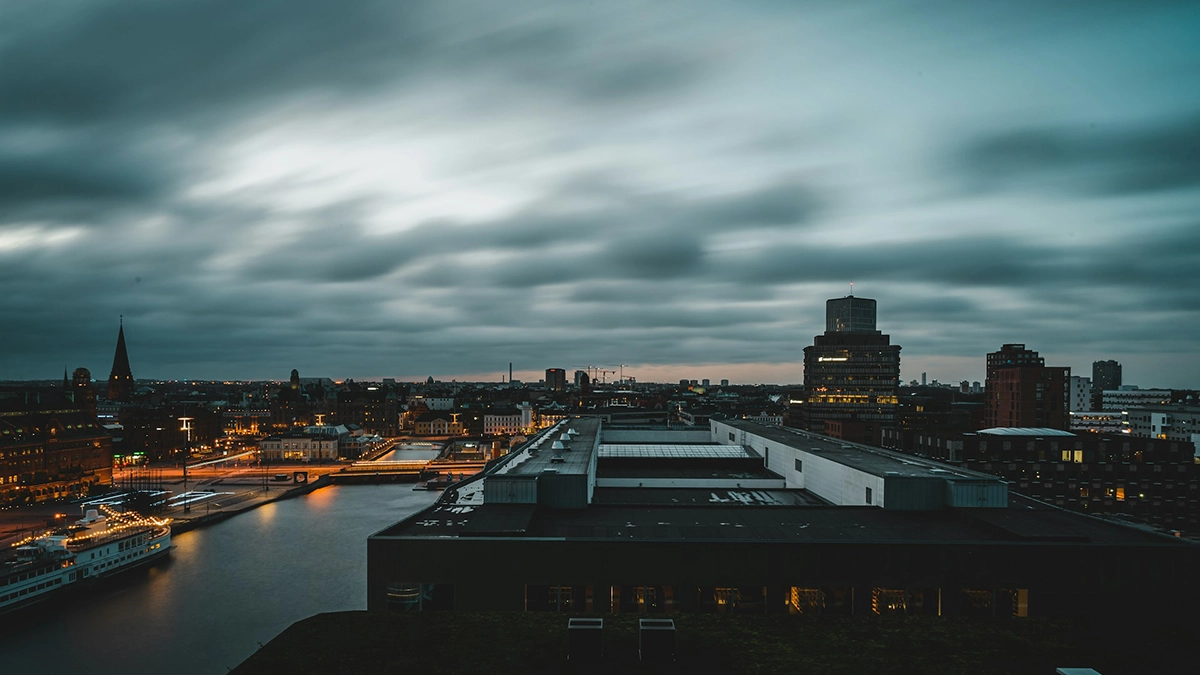
The Jerusalem Post Controversy Surrounding Eurovision City Malmö and peoples Criticism of Israel
Explore the controversy surrounding Eurovision City Malmö and its peoples alleged anti-Semitism
The Controversy Surrounding Eurovision City Malmö
The Jerusalem Post recently published an article calling Eurovision City Malmö one of the most anti-Semitic cities. The reason behind this claim is the criticism that people of Malmö and Sweden has received for its stance on Israel. However, it is important to approach this issue with a critical eye and consider the biases that may be present in the reporting.
Questioning the Bias
While the Jerusalem Post asserts that Malmö is anti-Semitic due to its criticism of Israel, it is crucial to analyse the source of this information. The Jerusalem Post itself has been accused of bias, particularly when it comes to reporting on matters related to Israel. Therefore, it is important to approach their claims with caution and seek a balanced perspective.
The Complexity of the Israeli-Palestinian Conflict
The Israeli-Palestinian conflict is a deeply complex issue that cannot be reduced to simple terms. It is essential to acknowledge the suffering and grievances of both Israelis and Palestinians in order to foster a more nuanced understanding of the situation. While it is true that Israel has faced criticism for its treatment of Palestinians, it is equally important to recognise the historical context and complexities involved.
It is not productive to label an entire city as anti-Semitic based solely on criticism of Israel. Criticism of a government’s policies does not equate to hatred or discrimination towards an entire religious or ethnic group. It is crucial to separate legitimate criticism from prejudice in order to have meaningful discussions and work towards a peaceful resolution.
Israeli security forces admit to deliberately outing, harassing LGBTQ Palestinians
Israeli security forces have acknowledged that they intentionally exposed and mistreated LGBTQ Palestinians. It is extremely difficult to be queer in many Arab countries, but it is even worse when another state, claiming to be LGBTQ-friendly, uses this information for propaganda purposes during a devastating conflict.
The Role of Media in Shaping Perceptions
The media plays a significant role in shaping public opinion and perceptions. It is important to critically evaluate the information presented to us and consider the potential biases of different news sources. In the case of the Jerusalem Post’s claim about Malmö, it is essential to seek alternative perspectives and sources to gain a more comprehensive understanding of the situation.
Furthermore, it is important to recognise that criticism of Israel does not automatically equate to anti-Semitism. Anti-Semitism refers to prejudice, discrimination, or hostility towards Jewish people based on their religion or ethnicity. Criticizing a government’s policies or actions is a legitimate exercise of free speech and does not necessarily reflect hatred towards a particular group.
Moving Towards Understanding and Dialogue
In order to foster understanding and dialogue, it is crucial to approach controversial topics with an open mind and a willingness to listen to different perspectives. Rather than resorting to labeling and generalisations, it is important to engage in respectful and informed discussions that take into account the complexities of the Israeli-Palestinian conflict.
By promoting empathy and understanding, we can move towards a more peaceful and inclusive society. It is important to recognize the rights and dignity of all individuals involved in this conflict and strive for a resolution that respects the aspirations and well-being of both Israelis and Palestinians.
In conclusion, the claim made by the Jerusalem Post that Eurovision City Malmö is one of the most anti-Semitic cities due to people of Malmö and Sweden criticism of Israel should be approached with caution. It is essential to consider the potential biases of the source and seek alternative perspectives to gain a more comprehensive understanding of the situation. By fostering understanding and engaging in respectful dialogue, we can work towards a more peaceful and inclusive future.







